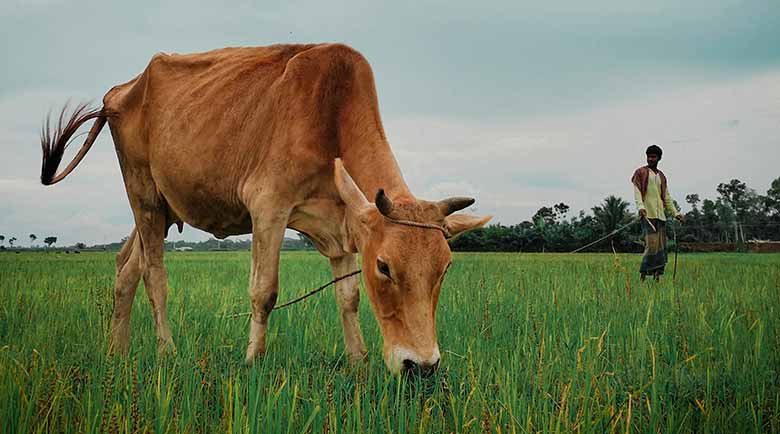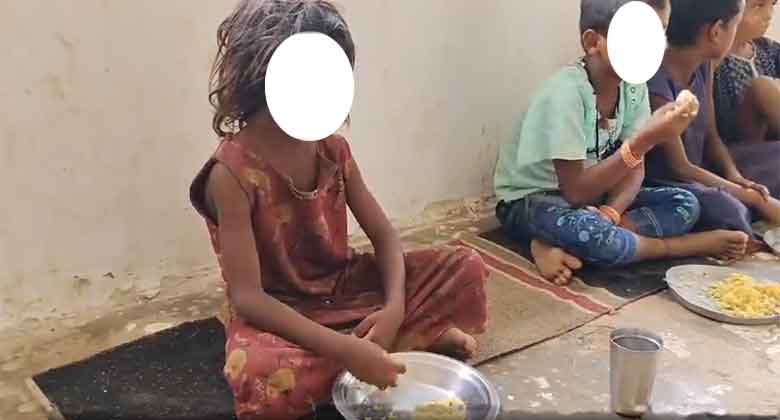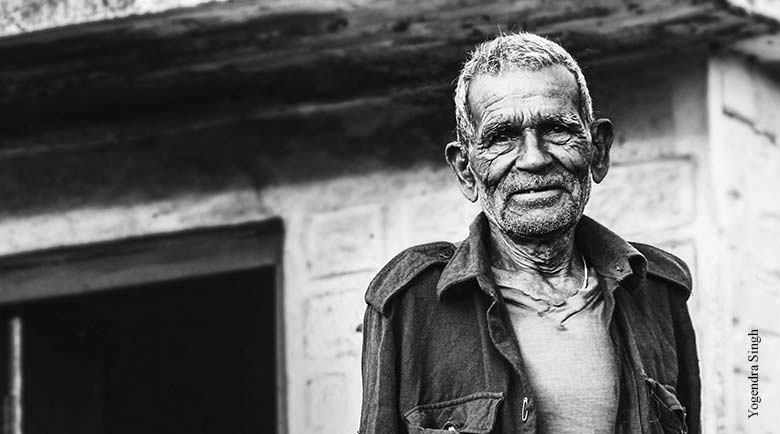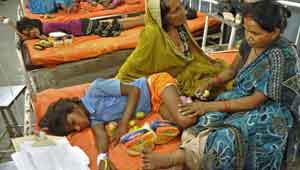Chhattisgarh’s Priorities: Rs. 35 for Cows vs. Rs. 5.45 for Children
Mamta Mankar | Correspondent: The Chhattisgarh government has announced an increase in the grant provided per cow for their care in Gaushalas (cow shelters), raising the amount from Rs. 25 to Rs. 35 per day.
However, even the new amount of Rs. 35 per cow per day remains inadequate for proper care. In neighboring Madhya Pradesh, the government allocates Rs. 40 per cow, while Maharashtra provides Rs. 50, and Rajasthan offers Rs. 44. Yet, despite these figures, the government’s attention to the welfare of the state’s children, elderly, and widows seems to remain underprioritized.
The budget allocated by the Chhattisgarh government for the welfare of these vulnerable groups is deeply concerning.
Cows at the Heart of Politics

Cows, which hold significant religious and cultural value, have historically been the backbone of India’s rural economy. In recent years, the cow has also become a central figure in Chhattisgarh’s political landscape.
The previous Congress-led government promoted the slogan ‘Narwa Garwa Ghurwa Badi’ and made cow welfare a cornerstone of its flagship schemes.
Now, Chhattisgarh’s Chief Minister, Vishnudev Sai, has announced an increase in the daily grant for cows in Gaushalas from Rs. 25 to Rs. 35.
Yet, despite this increase, the state’s expenditure on children’s welfare is alarmingly low, raising questions about the government’s priorities.
A Meager Rs. 5.45 for Children’s Mid-Day Meals
According to the Pradhan Mantri Poshan Yojana, the central government allocates Rs. 5.45 per child per day for cooked, hot, and nutritious food at primary schools, and Rs. 8.17 for upper primary schools.
Of this, the central government contributes Rs. 3.27 for primary school children and Rs. 4.90 for upper primary children.
The state government adds Rs. 2.18 for primary children and Rs. 3.27 for upper primary children. The aim is for every child to receive 450 calories and 12 grams of protein with this amount, which is supposed to cover the cost of 100 grams of grain, 20 grams of pulses, 50 grams of vegetables, 5 grams of oil, and spices.
However, considering current market prices, this amount is insufficient to provide adequate nutrition. Additionally, government mandates such as offering sweets, eggs, and papad on specific days only complicate the situation.
Bijakura: A Stark Reminder of Inadequate Nutrition

A recent TV report exposed the harsh reality in Bijakura village, Surguja division, where children were being served rice with turmeric—without any dal or vegetables.
This is the same village where, in the past, the tragic deaths of a woman and her grandson from hunger led to national attention and prompted Prime Minister PV Narasimha Rao to announce a food policy for the country.
The picture from Bijakura serves as a reminder of the dire state of nutrition in the state and exposes the gap between government promises and reality.
Decreasing Budget for Nutritional Schemes
The government’s budget allocation for the Pradhan Mantri Poshan Yojana has seen a sharp decline over the years. In 2013-14, the budget was set at Rs. 13,215 crore, but only Rs. 10,927.21 crore was allocated.
A decade later, in 2023-24, despite rising inflation, the government initially set the budget at Rs. 11,600 crore, then revised it down to Rs. 10,000 crore, and ultimately allocated just Rs. 8,452.67 crore.
This reduction, despite inflationary pressures, raises concerns about the government’s commitment to child nutrition.
A Meager Rs. 16 Per Day for the Elderly and Widows

The elderly and widows also fare poorly under the current system. While the central government allocates Rs. 200 per month for old age pensions and Rs. 300 for widows, the Chhattisgarh government adds only Rs. 300 to the Rs.
200 provided by the central government for women aged 60 to 79, bringing the total to Rs. 500 per month—equating to just Rs. 16.66 per day.
Similarly, widows receive a total of Rs. 500 per month, or Rs. 16.66 per day.
A Stark Comparison: Welfare for Cows vs. Humans
Comparing these figures—Rs. 35 per day for cows, Rs. 5.45 for children’s mid-day meals, and Rs. 16.66 per day for the elderly and widows—highlights a glaring discrepancy in the government’s priorities.
While it is important to care for cows, a more comprehensive and concrete policy for child nutrition and the livelihood of the elderly would undoubtedly strengthen people’s trust in the government’s welfare programs.
If the government truly aims to create a welfare state, it must do more to address the basic needs of its citizens—especially its most vulnerable populations.



